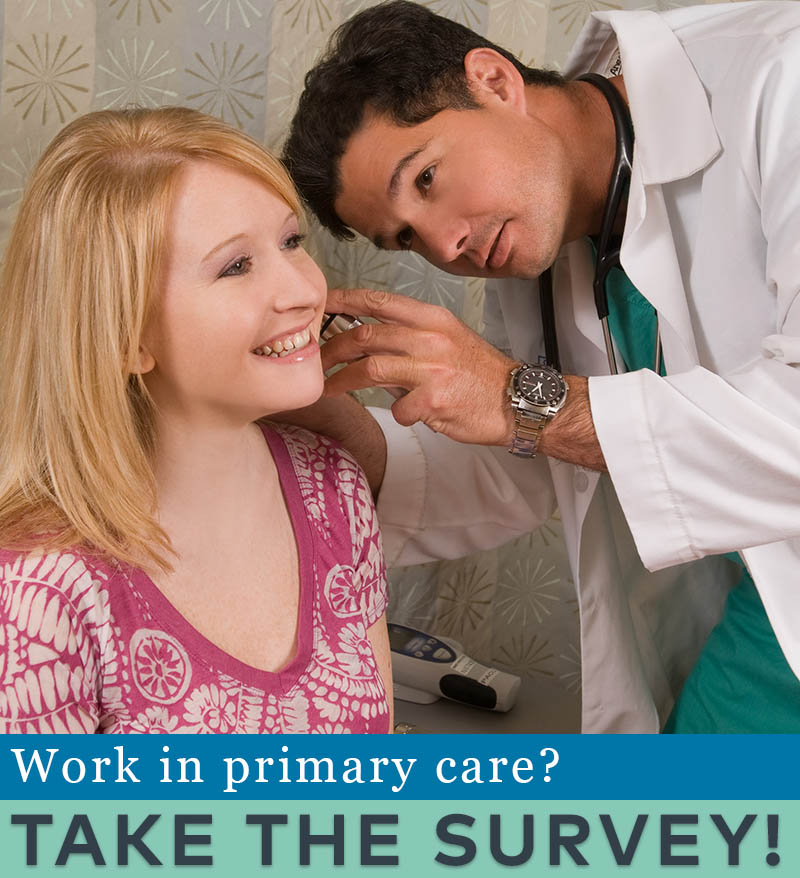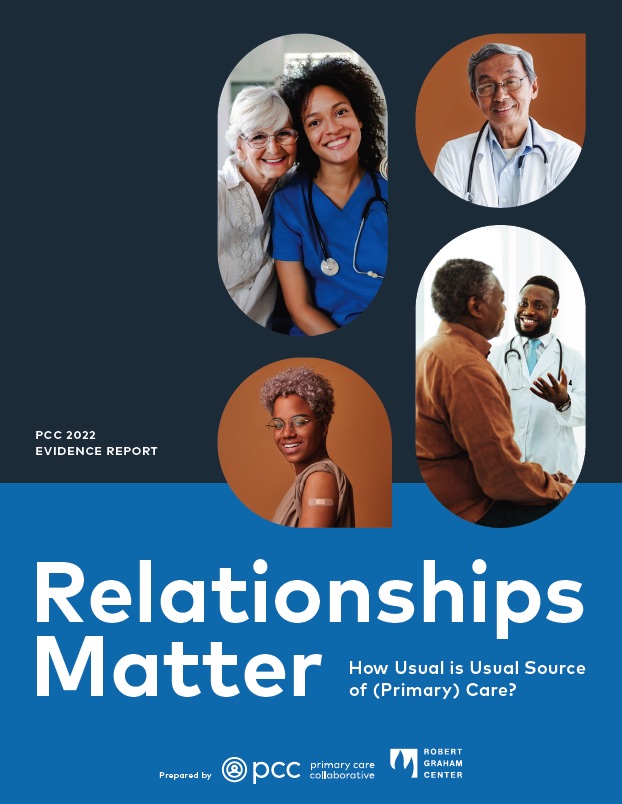You are looking at an archived version of our site. Please visit thepcc.org for a fresh, new experience!
Health Plan Honor Roll - *Archived*
**This project was started at the beginning of the pandemic to recognize plans that offered practices direct financial support, including advance payments, to address needs arising from COVID-19. Information about these plans was collected from April-July 2020. This list is now closed and the page has been preserved in an archived state.**
The coronavirus pandemic is fueling a financial crisis in primary care. The health plans below are offering leading strategies—particularly advance payments—to help primary care practices keep their doors open during this crisis. We also applaud plans that are pursuing other important strategies, including adequately reimbursing audio-only calls and paying for telehealth visits at the same rate as in-person visits.
PCC calls on other payers to follow the lead of these plans and provide direct financial support to practices now. Short-term funding help is critical for practices, particularly those that are independent and serve the safety net, to stay afloat in the face of revenue constraints posed by COVID-19. But these advance payments should also pave the way for permanent, prospective financing that pays practices a comprehensive, risk-adjusted payment per patient for their overall care. PCC believes both these short- and long-term strategies are essential to the sustainability of high-quality primary care in the U.S. going forward.
Plans offering Advance or Prospective Payments:
Anthem
Anthem is accelerating payments to Medicaid providers and to targeted independent primary care physician organizations and multispecialty groups who are facing financial pressure. Anthem is also providing funding to to support care providers’ telehealth capabilities, quality-based programs and PPE.
BlueCross BlueShield of Arizona
BlueCross BlueShield of Arizona has created a prepayment program to support primary care providers in Arizona during the COVID-19 pandemic. Primary care practices that are participating in the BCBSAZ Patient-Centered Medical Home (PCMH) program can now receive partial prepayment of their estimated annual quality incentive payment. Currently, over 2,300 practices participate in the state’s PCMH program. Additionally, primary care practices who are interested in participating in the PCMH program but have not yet qualified and enrolled can participate with a signed PCMH amendment to their current network participation contract and may then apply for prepayment support.
Blue Cross Blue Shield of Michigan
Blue Cross Blue Shield of Michigan is accelerating payments to Michigan-based physician organizations and practices to support their efforts in treating patients with COVID-19. The accelerated funding is available to the more than 40 physician organizations that are a part of Blue Cross’ Physician Group Incentive Program (PGIP), including over 20,000 primary care and specialist physicians throughout Michigan.*
Blue Cross Blue Shield of North Carolina
Blue Cross Blue Shield of North Carolina has created Accelerate to Value, a program to help independently owned primary care physician practices remain financially viable and move to value-based care. The program helps enable primary care practices across the state to weather the financial crisis created by the COVID-19 pandemic. The program is open to independently owned primary care practices in North Carolina and includes: significant financial support by making payments to participating practices, based on 2019 revenue, to improve financial stability in 2020 and 2021; participating practices will commit to joining Blue Cross NC’s value-based care program; beginning in 2022, the practices will be eligible to receive fixed monthly payments for meeting the health needs of their entire patient population, replacing the fee-for-service method of getting paid for each patient encounter.
BlueCross BlueShield of Western New York
BlueCross BlueShield of Western New York has instituted primary care contracting strategies that prioritize attributing patients to practices and prospectively paying those practices a capitated rate for primary care services.
Blue Cross of Idaho
Blue Cross of Idaho has created a program to allow independent providers, such as private-practice physician groups, an opportunity to receive advance payments to cover monetary shortfalls due to the COVID-19 pandemic. Blue Cross of Idaho will make advance payments to the provider once per month in April, May and June. The company will recover the interest-free payments during the fourth quarter of 2020.*
Blue Shield of California
Blue Shield of California is providing up to $200 million in direct support to healthcare providers and hospitals through financing guarantees, advance payments, and restructuring of contracts. Blue Shield is working with two financial institutions to help providers with guaranteed loans and to make advance payments to them on anticipated healthcare costs. The plan is to offer favorable repayment terms to help providers get through the next six months.*
Capital BlueCross
Capital Blue is offering advance payments through July 15 to eligible healthcare providers in Pennsylvania who had at least a 40% decrease in average payments for services provided to Capital BlueCross members during March and April, 2020. These providers can receive funding advances based on their average monthly payments from 2019. This program is intended to help those providers bridge the financial gap as their patients resume in-office visits and procedures.
CareFirst
CareFirst BlueCross BlueShield, which serves Maryland, the District of Columbia, and Northern Virginia, is accelerating over $170 million in payments to support healthcare providers in response to the COVID-19 pandemic. CareFirst is providing aid to provider organizations that are a part of its Patient-Centered Medical Home (PCMH) program as well as certain independent practices. PCMH providers who are eligible for an outcome incentive award have the option of receiving their award as a lump-sum payment. CareFirst is also offering temporary advanced funding for certain PCMH practices, independent OBGYN and behavioral health providers who need additional assistance. Monthly interest-free cash advances are also available for pediatricians and rural primary care physicians who need additional assistance; independent practices in certain specialty areas; and dentists.
Care Oregon
Care Oregon is providing a three-pronged funding methodology to stabilize the most vulnerable aspects of their provider network, prioritizing primary care and behavioral health providers.This includes a revenue stipend, paying providers a lump sum advance for lost visits in March, April and May 2020. They will also be releasing state incentive payments early to give clinics more immediate access to needed funding.
Highmark
Highmark will assist local primary care physicians by advancing payments made through the True Performance reimbursement program. The reimbursement payments would have been made in June but were to begin going out the week of April 6 as many physician practices are being affected financially by stay-at-home orders and other COVID-19-related issues. More than 1,700 primary care practices or associated entities in Pennsylvania, West Virginia and Delaware will receive the advance payments based on achievement in the True Performance program. More than $30 million in advanced payments will be made during this extremely challenging time.*
Independent Health
Independent Health has retooled the process by which most primary care offices are paid. The goal is to maintain cash flow and avoid damage to the healthcare system. Independent Health at baseline pays most practices a combination of a global payment and fee-for-service. The global payment covers chronic disease management and sick visits. The fee-for-service component incentivizes things like well visits and suboxone therapy. When COVID started,Independent Health chose to compensate the applicable practices through an all-encompassing global payment that kept cash flow similar to a “typical” month, instead of reimbursing for fee-for-service visits, which were not occurring. This way, practices were not dependent on visits for reimbursement.
InnovaCare Health
InnovaCare Health is financially supporting contracted providers during COVID-19 by fully compensating primary care clinicians for April and May in order to ease the financial stress from reduced patient volume. An earlier statement from InnovaCare noted that they expected to disperseover $100 million in advanced payments to providers by the end of May.
Molina Healthcare
Molina Healthcare has accelerated $150 million in payments to providers. Additionally, Molina has extended all previously approved prior authorizations until September 1, 2020. Molina has also enabled providers to be paid the same amount for servicing members via telehealth as they would have for in-person service. As of June 30, they have committed over $10 million in additional financial support to primary care providers - focusing on pediatric and safety net providers across the state.
Premera
Premera has created a program to offer advance payments to eligible providers as financial support during this period of revenue shortfall related to reductions in services. The program allocates up to $100 million in advance payments to providers caring for its members with the services they most use, including typical office visits to primary care providers, specialists, dentists, and behavioral health providers.*
*Information courtesy of America's Health Insurance Plans, taken from https://www.ahip.org/health-insurance-providers-respond-to-coronavirus-covid-19/

Are you a physician, nurse practitioner, or PA working in primary care?
Help PCC and the Larry A. Green Center track how your practice is responding to the COVID-19 outbreak by completing the Green Center's occasional survey.
The regular surveys are no longer being conducted.
COVID-19 Updates
May 9, 2022 | Primary Care Collaborative
April 19, 2022 | Primary Care Collaborative
April 19, 2022 | Primary Care Collaborative
March 7, 2022 | STAT
February 27, 2022
- 1 of 39
- next ›
What's New
August 16, 2024
- Page 1
- ››




